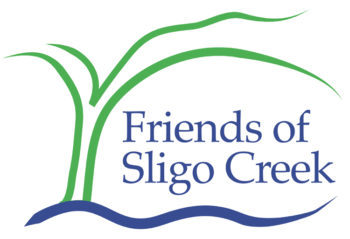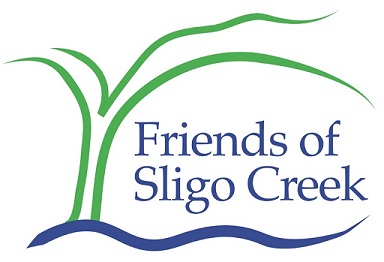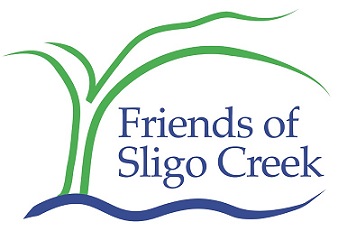On March 16th, 2006, the Virginia-based Alice Ferguson Foundation hosted the first annual Trash Summit, an all-day event held at the World Bank, one of the event sponsors. In the morning, D.C.-area politicians, from Maryland Congressman Chris Van Hollen to local mayors, including Kathryn Porter from Takoma Park, or their representatives, ceremoniously signed the Trash-Free Potomac Initiative, pledging to work toward a trash-free Potomac by 2013. Their commitment as well as solid education strategies, community participation, and innovative initiatives from environmental groups will be needed to stem the litter crisis.
After a networking lunch, panel sessions included
- Trash Talk: Student Forum on Trash Awareness
- Wake Up and Smell the Trash!: Public Information and Education
- Learning from the Los Angeles River Watershed Project: TMDLs and How Trash Leads to Water Quality and Public Support
- Enforcement of Trash Crimes
- Trash Hot Spots and Regional Successes
- There’s Treasure in Trash: Recycling and Business Opportunities.
The sessions were brief. Litter Committee members Ed Murtagh and Debbie Veliz were on the panel of Trash Hot Spots and Regional Successes and discussed Friends of Sligo Creek’s trash reduction strategies, which include biannual cleanups and use of the trash fence and litter skimmer to retain litter.
Wendi Schnaufer attended the There’s Treasure in Trash session. Presenters on that panel were from the Container Recycling Institute, West Virginia Citizen Action, My Organic Market, a paper recycler (Abitibi), and a design firm (Design Recycle) specializing in products made from recycled plastic bottles and rubber. Pat Franklin from the Container Recycling Institute threw out some particularly horrifying numbers about landfilled and littered bottles and cans: a trillion landfilled since 1970. Some 25 billion PET plastic one-use bottles are sold today, making up 30% of the total debris in 2005. See this Container Recycling Institute web page for more stats. We need to ask why we are producing these single-use disposable plastics that will never biodegrade. West Virginia currently has a bottle bill in committee. They are taking the retailer out of the equation and proposing setting up privately owned redemption centers, which would create hundreds of jobs. The deposit would be 10 cents, with 3 cents as a handling fee.
After the session period, attendees returned to the great hall and a representative from each panel reported on the session. The student forum came up with many ideas to get the youth aware and involved:
- disseminating anti-litter notices on the radio, on food containers, in movie previews;
- using celebrity spokespeople;
- projecting a message with success stories with examples that kids can relate to and see how it is affecting them now.
The Public Information group stressed key repeat messages across groups, viral marketing, peer pressure, measuring activities, using all communications formats, and positive incentives.
The Los Angeles River Watershed Project and its total maximum daily loads (TMDLs) are a model to consider once the Anacostia and its tributaries, including Sligo Creek, are declared impaired by the state.
The Enforcement panel talked about a central call number in each jurisdiction to report dumping, a uniform fine structure across jurisdictions, more teeth in enforcements (rewards and bounties), neighborhood watches, and collaboration across jurisdictions.
The overall plan is now to take this information into action committees that will be forming soon. Major kudos go to the Alice Ferguson Foundation’s Tracy Bowen, Gina Mathias, and Wende Pearson for organizing this watershed event and initiative.


